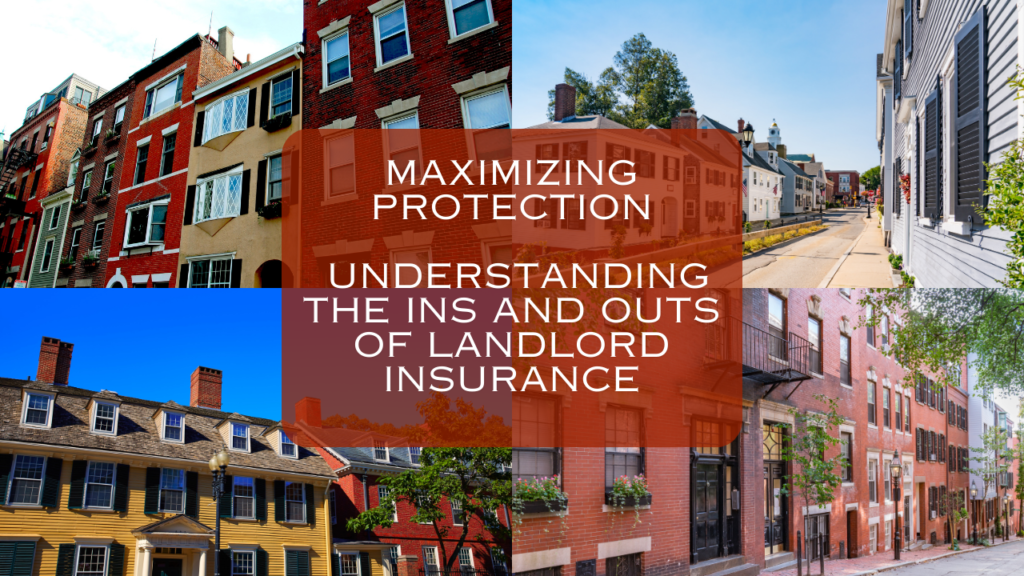Maximizing Protection: Understanding the Ins and Outs of Landlord Insurance | Blog | Vargas & Vargas Insurance

Landlord insurance serves as a critical safeguard for rental property owners, offering specialized coverage tailored to the unique risks associated with property management. In this blog, we’ll delve into the intricacies of landlord insurance, exploring its coverage details, the importance of requiring renter’s insurance, considerations for an umbrella liability policy, and the benefits of working with an insurance specialist.
Understanding Landlord Insurance Coverage
Landlord insurance provides coverage in three main areas: property damage, lost rental income, and liability protection. Let’s take a closer look at each component:
- Property Damage Coverage: Landlord insurance typically covers damages to the rental property caused by various perils such as fires, storms, vandalism, and more. This coverage ensures that landlords are protected against unforeseen events that could result in property damage.
- Lost Rental Income: If a rental property becomes uninhabitable due to covered damages, landlord insurance helps cover the lost rental income during the repair or restoration period. This coverage provides financial assistance to landlords, ensuring they’re not burdened by the lack of rental income.
- Liability Protection: Perhaps one of the most crucial aspects of landlord insurance is liability protection. This coverage safeguards landlords against legal and medical expenses if a tenant or visitor is injured on the rental property. It provides financial protection and peace of mind in case of liability claims.
The Importance of Requiring Renter’s Insurance
Requiring renter’s insurance from tenants is a proactive measure that benefits both landlords and tenants. Renter’s insurance covers the tenant’s personal belongings, liability coverage, and loss of use coverage. By mandating renter’s insurance, landlords ensure comprehensive protection for both their tenants’ belongings and the rental property. This minimizes potential disputes and liabilities, fostering a mutually beneficial landlord-tenant relationship.
Considerations for Umbrella Liability Policy
In addition to standard landlord insurance, landlords may also consider adding an umbrella liability policy to enhance their protection. An umbrella liability policy offers additional coverage beyond the limits of standard insurance, providing crucial financial protection in severe cases involving substantial claims. Moreover, this policy extends to other areas, such as automobile insurance, ensuring comprehensive coverage across various domains.
Benefits of Working with an Insurance Specialist
Navigating the complexities of insurance can sometimes be daunting for landlords. That’s where an insurance specialist, particularly a local independent insurance broker, can be invaluable. We have the expertise and resources to tailor insurance solutions to landlords’ specific needs, ensuring they have adequate coverage at competitive rates. By partnering with an insurance specialist like Vargas & Vargas Insurance, landlords can make informed decisions and maximize their protection against potential risks.
In conclusion, landlord insurance is a vital asset for rental property owners, offering comprehensive coverage and financial protection against various risks. By understanding the coverage details, requiring renter’s insurance from tenants, considering additional liability coverage, and working with an insurance specialist, landlords can effectively safeguard their investments and enjoy peace of mind in their property management endeavors.
Contact our local independent insurance agency at 617-298-0655 today! Our team of experts is here to help you navigate landlord insurance and find the right coverage for your needs. Don’t wait until it’s too late – secure your property’s future now!


